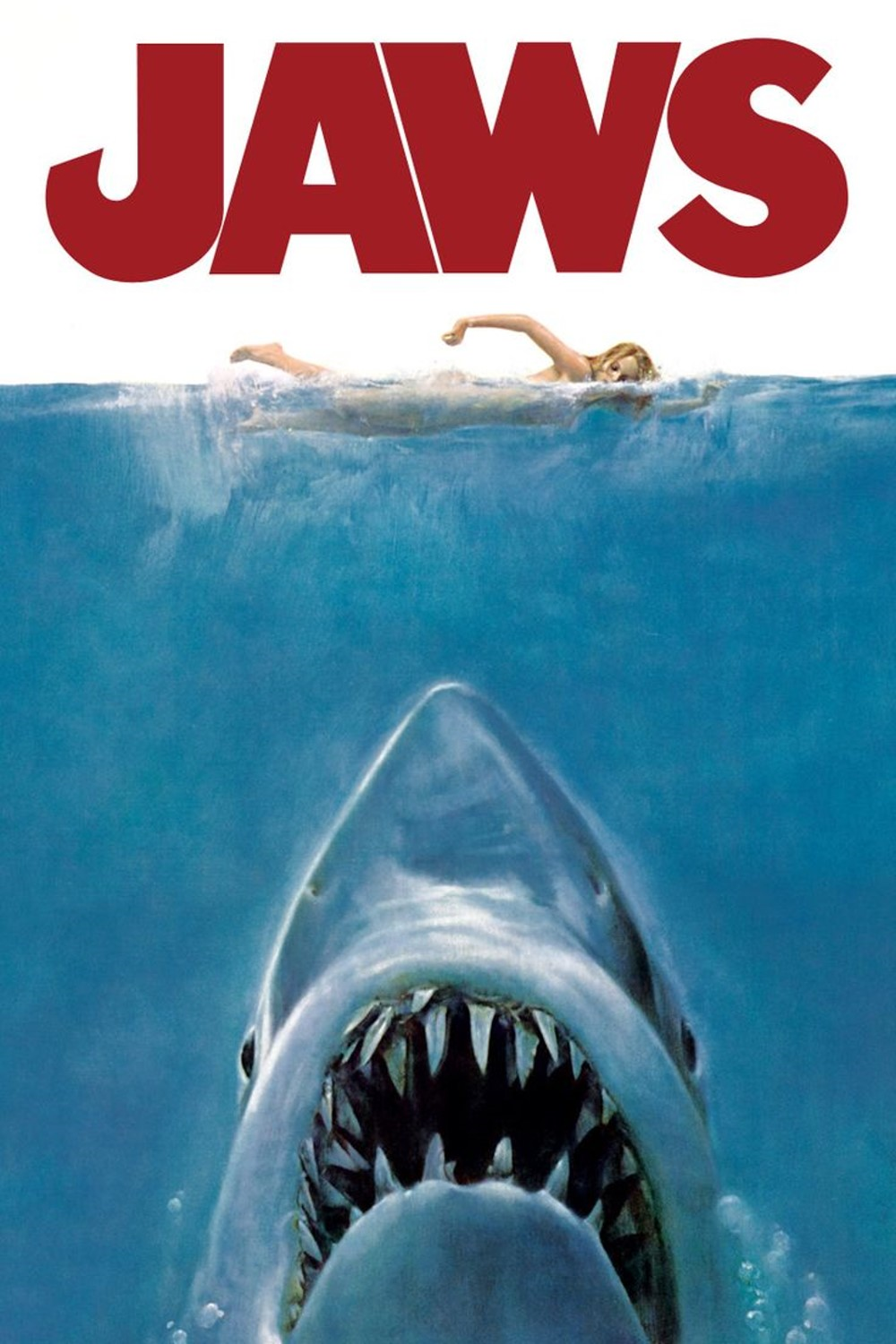 Starring: Brad Pitt, Jonah Hill and Philip Seymour Hoffman
Starring: Brad Pitt, Jonah Hill and Philip Seymour Hoffman
Directed by: Bennett Miller
Rated: PG 13
Running time: 2 hours 13 mins
Columbia
Our Score: 5 out of 5 stars
As a kid you always spent your summer memorizing the statistics on the backs of baseball cards. Even the casual fan recognizes certain numbers. 2131 – consecutive games played by Cal Ripken, Jr. (his streak ended at 2632), 755 – career home runs by home run king Hank Aaron (sorry, I don’t recognize Bar-roid Bonds). 4256 – career hits by Pete Rose. You get my point. But there are even more stats to be compiled, hundreds of them. And the way they’re used is the story behind “Moneyball.”
October 15, 2001. Game 5 of the American League Divisional Series pitted two very different teams against each other. In one corner sat the New York Yankees, winners of 97 games with a payroll just over $113 million. In the other corner, the surprising Oakland Athletics, winners of 102 games. Total payroll – under $40 million. The Yankees would go on to win the game and the series. The next season they opened the team wallet and signed the A’s best player, Jason Giambi, paying him $20 million a year, half of the A’s total team salaries. Realizing the hole he is in as a small market team, A’s general manager Billy Beane (Pitt) begins to search for replacements for the ones he lost. While speaking with another team he meets Peter Brand (Hill), a young Yale graduate who looks at the game via statistics. Impressed by Brand, Beane hires him as his assistant and the two begin to build a team not based on scouting reports but on such percentages as runs scored and on base percentage.
Adapted from the best selling book by two of Hollywood’s best, Academy Award winners Steven Zaillian (“Schindler’s List”) and Aaron Sorkin (“The Social Network”), “Moneyball” introduces us to the way baseball is now conducted. The A’s are truly the have nots of major league baseball. So strapped for cash that they charge the players for soda pop, they have to make the best out of what they can afford. By following the numbers they assemble a team that Brand refers to as coming from “the Island of Misfit Toys.” But between all of the number crunching is a film with heart…one that makes you want to root for the little guys.
Just as the fundamentals of Moneyball rest squarely on the real Billy Beane’s shoulders, the success of “Moneyball” rests on Pitt’s. He gives a many layered performance, one of humor and sadness. A former player who never lived up to the hype (Beane was chosen in the first round of the 1980 baseball draft – Brand tells him that, based on his research, he would have drafted him in the ninth), Beane has come to realize that money isn’t everything. You have to play the game for the love of the game. As head stat geek Brand, Hill gives a quiet yet solid performance. Oscar winner Hoffman is A’s manager Art Howe, the fly in Beane’s ointment. He doesn’t understand the numbers and is hesitant to do anything that will jeopardize his future as a big league manager. We are also introduced to Beane’s daughter, Casey (“Brother’s and Sister’s” Kerris Dorsey), and their scenes together are some of the film’s best.
Miller, who earned a Best Director Academy Award nomination for “Capote,” keeps the tone of the film flowing seamlessly. He works in archival footage brilliantly, giving the game sequences almost a documentary feel. That this is his first film since “Capote” is a travesty. Films need more Bennett Miller and a six year gap between projects, unless it was something Miller wanted, is unconscionable.

